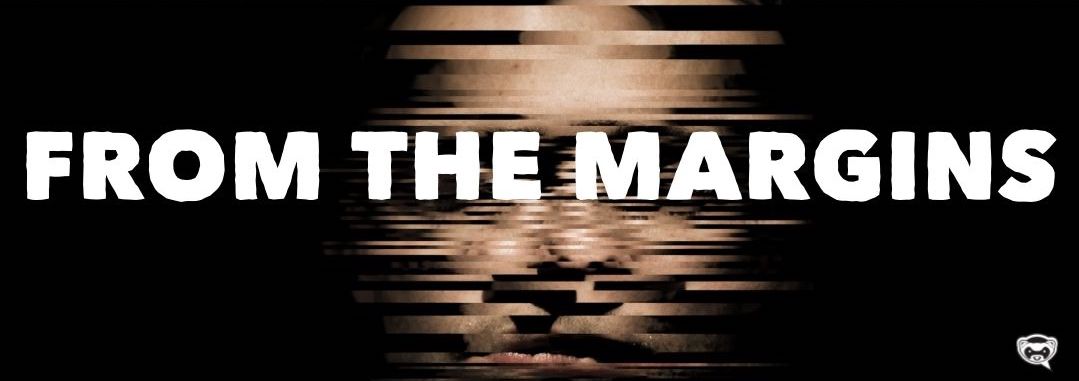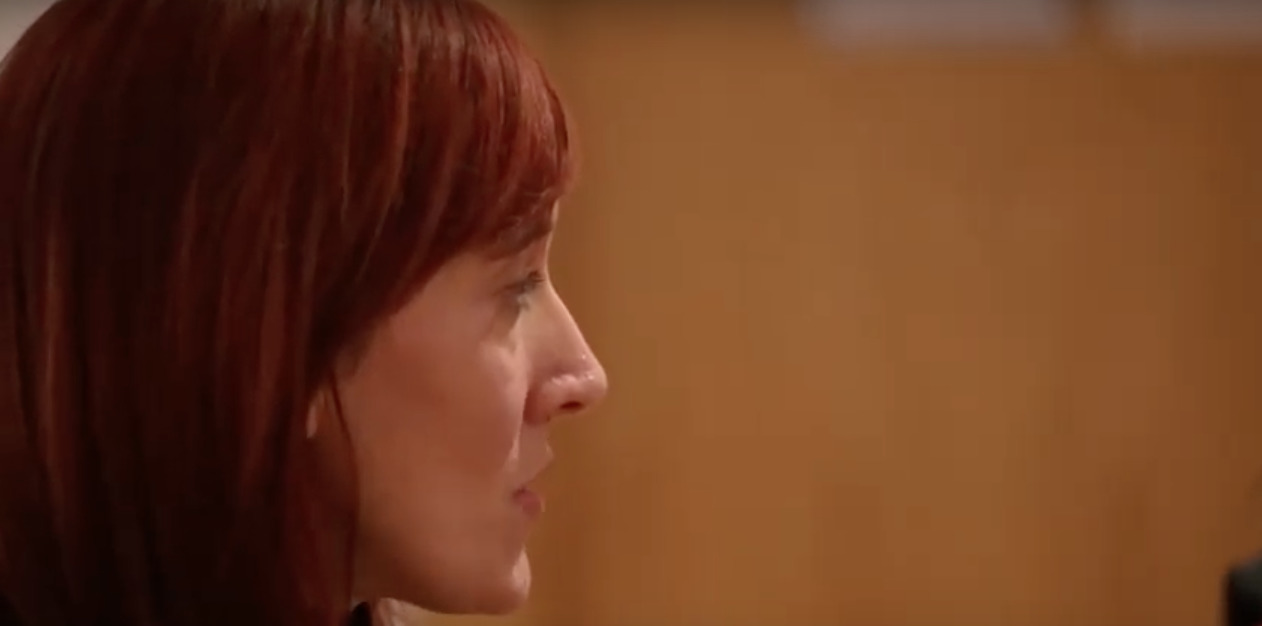
People who use drugs and alcohol are being denied proper support to deal with their mental health problems, The Ferret’s From the Margins team has found.
Our team – which includes citizen journalists with lived experience of this issue – heard from people who had been on waiting lists for months or even years in some cases, for psychological support. Some were told that they could not access mental health services until they “stabilised” their substance or alcohol use.
Our findings come as the Mental Welfare Commission prepares to publish its investigation into the barriers people who use alcohol and drugs face in getting support with their mental health.
Its work was prompted, in part, by calls to its advice line from relatives of those seeking help with both addiction and mental health support. They said they had been “left out, or stranded or abandoned”.
Meanwhile those attending our From the Margins focus groups in Glasgow, and at a recovery group in Dundee, told us about the devastating consequences of failing to get the help they needed.
While waiting for mental health support, some parents had children removed from their care. In some cases their children were adopted, leaving them grieving and struggling to cope.
When I phoned them they says that they would give us a phone consultation. That lasted twenty-six seconds, and told I would be put back in the waiting list.
Cheryl
Many said the lack of psychological help meant their alcohol and drug use escalated because they used substances to “self-medicate”.
Women at the Steeple Church recovery group in Dundee told The Ferret that change was coming, but not fast enough for them. We have used their first names only, at the request of the women.
We spoke to Cara, who had been admitted to Carseview mental health unit in 2020 but later released without community support or follow-up. When we met, she was still waiting for community mental health support, almost two years on.
She claimed statutory services did not seem to recognise the help she needed: “When you’re in addiction you feel invisible – you feel invisible to services, invisible to workers,” she said.
Cara, who went into kinship care as a teenager and had her first child at 17, said she struggled to get help for many years and, as a result, found it difficult to address her drug use.
She is now in recovery but two of her children have been adopted while another two are in care. “I think that if my mental health was diagnosed at the time, that I could’ve maybe not used drugs,” she said. “Not have went down the road of addiction.
“They go hand in hand – you use because you’re feeling low. You’re feeling low because you’re using. It’s very much a merry-go-round. So you can’t get one thing better because another thing’s affecting it.”
Cheryl, who has been in recovery for six years, said she tried to get help but all she was offered was methadone – medication to address opiate addiction. She was not offered counselling to help her deal with past trauma.
She went to rehab and claims it was through Narcotics Anonymous (NA) that she was able to learn how to deal with her emotions through group sessions.
She said: “Even in recovery I got my little girl removed from my care, due to previous mental health .
“I then got her back after having a psychiatrist and psychological assessment. And as soon as I got her back, I got removed from mental health . They said I didn’t need it anymore.
She went to her GP to be re-referred. “And I’m still currently waiting two and a half years later to be seen. And that was after taking a mental breakdown at Christmas time.
“When I phoned them they says that they would give us a phone consultation. The phone consultation lasted twenty-six seconds, and told I would be put back in the waiting list.
Since concerns were flagged up in 2019 by both an independent inquiry into mental health services in the city, and by the Dundee Drug Commission, plans have been developed for a new “wellbeing hub”, which will be open 24 hours a day, seven days a week.
Cheryl added: “Dundee’s got better, and obviously there’s still other things in the pipeline. But…don’t talk the talk, walk the walk.”
Some women said improvements had come too late to help them.
Eilidh said that no help was offered by the city’s addiction services, following the death of her husband from a drug overdose more than four years ago. Because she didn’t want to take the medication offered she was discharged from drug services.
We need people to actually help them get to the root cause of their actual addiction. And then help them to process the trauma that’s been associated with years of addiction
Kirsty Nelson, Steeple Church
“There was no after-care support, no bereavement counselling,” she added. “Absolutely nothing.”
She claimed that led her back to using drugs. “It’s just a failure at every point,” she added.
Prior to that she had also been unable to get help from her GP. “I went to my doctors to ask for a psychiatrist appointment, and I was told because I’m part of the drug services, he’s not going to put one in,” she said.
“Even though drug services at the time didn’t even have a psychiatrist.”
She is now in recovery and relies on peer support through groups like Recovery Dundee.
Kirsty Nelson, the parish nurse who runs the group at the Steeple Church, said women needed to be offered counselling and psychological support.
“We need people to actually help them get to the root cause of their actual addiction. And then help them to process the trauma that’s been associated with years of addiction,” she added.
Mental health and addiction went “hand in hand” she claimed, adding: “It’s like what came first, the chicken or the egg. It could’ve been a trauma that sparked using, or the trauma could’ve been sparked by using.”
And – despite some positive changes – she said not enough help was on offer. “We’re years too late with it for some people,” she added. “We are trying to be really positive that this is going to be a massive help. But I think it’s going to be totally overwhelmed.”
Alison Thomson, executive director in nursing at the Mental Welfare Commission, said: “It’s been known for some time that this dual diagnosis of both mental ill health and drug or alcohol problems is not uncommon.
“People are struggling and often getting worse due to not getting the help they need. The individual tries to deal with it, but for them the two issues are completely interlinked.”
The commission was contacted by relatives using its advice line who said there are barriers to getting help from mental health and addiction services across Scotland.
These calls helped prompt the investigation, with a report and recommendations due to be published in coming months.
Thomson added: “Early findings show that part of the issue is a lack of healthcare staff and also a lack of experience and knowledge amongst professionals in how best to work with people with co-existing mental ill health and substance use.”
But she insisted there were also shoots of hope, with the commission so far identifying some services which “have developed an integrated model of care that included health, social care, peer support and local authority”.
Authorities in Dundee insisted improvements had been made, with more coming.
Simon Little, independent chair of the Dundee Alcohol and Drug Partnership, said: “Support for people who have both mental health and substance use issues is a priority of the Alcohol and Drug Partnership.
“New models of working will mean mental health and substance use services will work more closely together. Crisis care will be improved and support will be available 24/7 when the city’s Community Wellbeing Centre opens later this year.”
A spokesperson for NHS Tayside added: “As part of the response to both the independent inquiry into mental health services in Tayside and the Dundee Drugs Commission, Dundee has commenced a project to support those who have both mental health and substance use concerns.
“The Working Better Together programme will explore a range of options including crisis response, improved information sharing between services and integrated resources and support at the time this is needed. This work is supported by funding of £450,000 from the national Drug Deaths Taskforce.”
From the Margins is co-produced by citizen-journalists, supported by The Ferret to investigate the overlapping issues of homelessness, addiction and mental health and more.
Support our journalism by becoming a member for £5 a month. As a member you can also access resources on key journalism skills. Use discount code SALE10 for two months full access for free. Students and people on low-incomes may qualify for a free sponsored membership.
With thanks to Shelter Scotland’s Time for Change Glasgow team.
Photo Credit: Laura Kingswell















I am so tired of this failure to join up the dots, and provide some high-quality counselling and psychotherapy services to people suffering from multiple ‘conditions’ all deriving from adverse early life experience of one kind or another but generally including poverty and its associated deprivations.
We have known this for many years, and it’s high time to devote some adequate resources and workforce planning to make this happen.